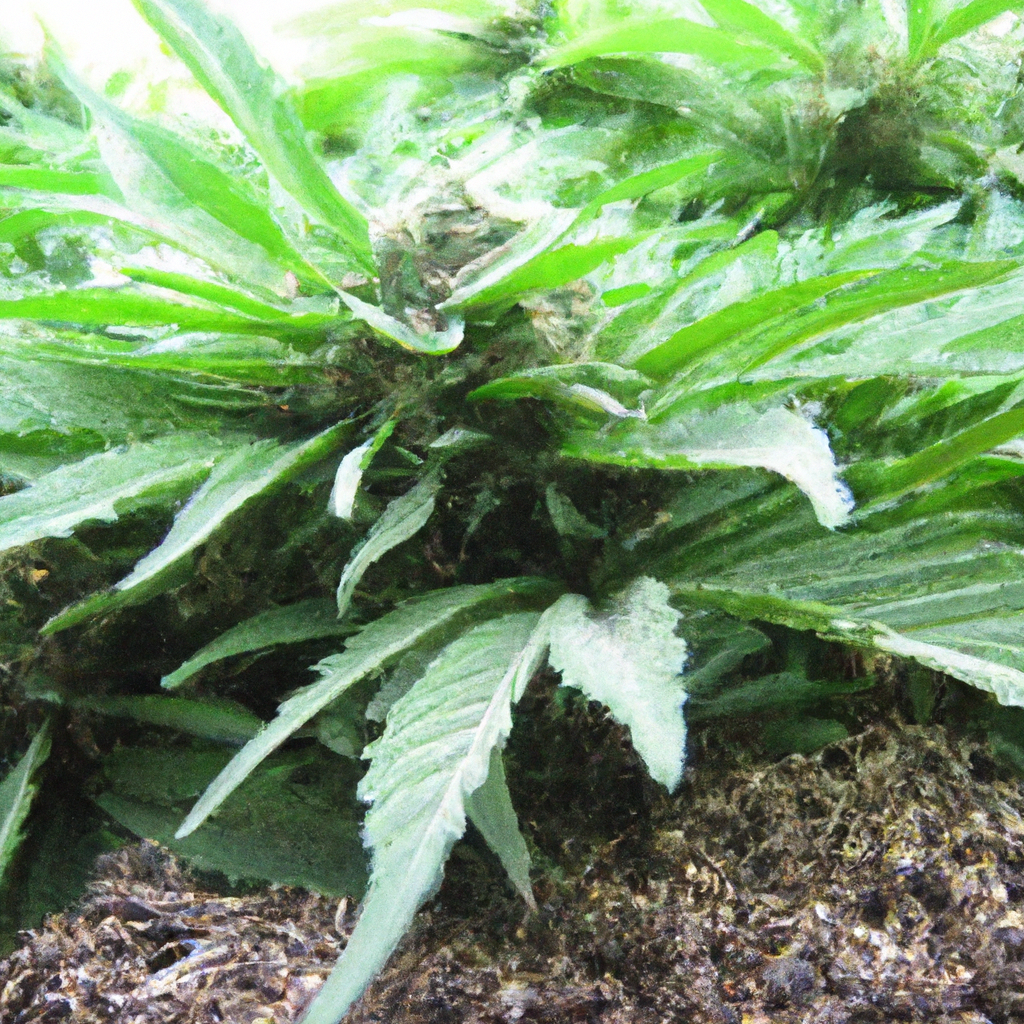Your cart is currently empty!
In the world of cannabis cultivation, more growers are transitioning to organic methods to meet the rising demand for cleaner and more environmentally friendly products. Organic cannabis cultivation not only benefits the environment but also enhances the quality of the final product for consumers. This article explores some of the best practices for organic cannabis cultivation, including the use of natural fertilizers, compost, and pest control methods.
Building a Healthy Soil Ecosystem
Cultivating cannabis organically starts with the foundation: the soil. Healthy soil is teeming with life and provides the necessary nutrients for cannabis plants to thrive. The key to building a robust soil ecosystem is to focus on the following:
- Compost: Incorporate organic matter like leaves, grass clippings, and vegetable scraps into your soil. Compost adds nutrients, improves soil structure, and increases its ability to retain water.
- Beneficial Microbes: Introduce beneficial fungi and bacteria to your soil. These microorganisms help break down organic matter, making nutrients more accessible to your plants.
- Mulching: Apply a layer of mulch on top of your soil. Mulch helps retain moisture, suppresses weeds, and gradually feeds the soil as it breaks down.
Natural Fertilizers: Nourishing Your Plants
Synthetic fertilizers can harm the environment and leave residues on cannabis plants. Opting for natural fertilizers ensures a healthy growth cycle and a better end product:
- Fish Emulsion: Rich in nitrogen, fish emulsion is an excellent option for promoting leafy growth during the vegetative stage.
- Bone Meal: Perfect for the flowering phase, bone meal is high in phosphorus, which encourages bud development.
- Seaweed Extract: Seaweed provides a broad spectrum of nutrients, including potassium, which is essential for healthy plant metabolism.
Organic Pest Control: Safeguarding Your Crop
Keeping pests at bay without synthetic chemicals is a hallmark of organic cannabis cultivation. Here are some effective pest control methods:
- Companion Planting: Grow plants like marigolds or basil alongside your cannabis. These plants can deter pests or attract beneficial insects.
- Neem Oil: A natural pesticide, neem oil can be used to manage a variety of common pests without harming beneficial insects.
- Insecticidal Soap: This safe and biodegradable soap can be sprayed on plants to kill soft-bodied insects like aphids and spider mites.
Why Choose Organic Cannabis?
Switching to organic cannabis cultivation has numerous benefits:
- Environmental Impact: Organic growing practices minimize soil degradation and chemical runoff, leading to a healthier ecosystem.
- Consumer Health: Organically grown cannabis is free of synthetic pesticide residues, making it safer for consumption.
- Sustainability: By using renewable resources and fostering biodiversity, organic cultivation promotes long-term agricultural sustainability.
Conclusion
Adopting organic methods in cannabis cultivation not only supports a healthier planet but also contributes to the production of superior cannabis products. Whether you’re a commercial grower or a home gardener, these practices can significantly enhance your growing operations. Embrace these techniques and start reaping the benefits of organic cannabis cultivation today!
Discover more from Magic Clones
Subscribe to get the latest posts sent to your email.


Leave a Reply